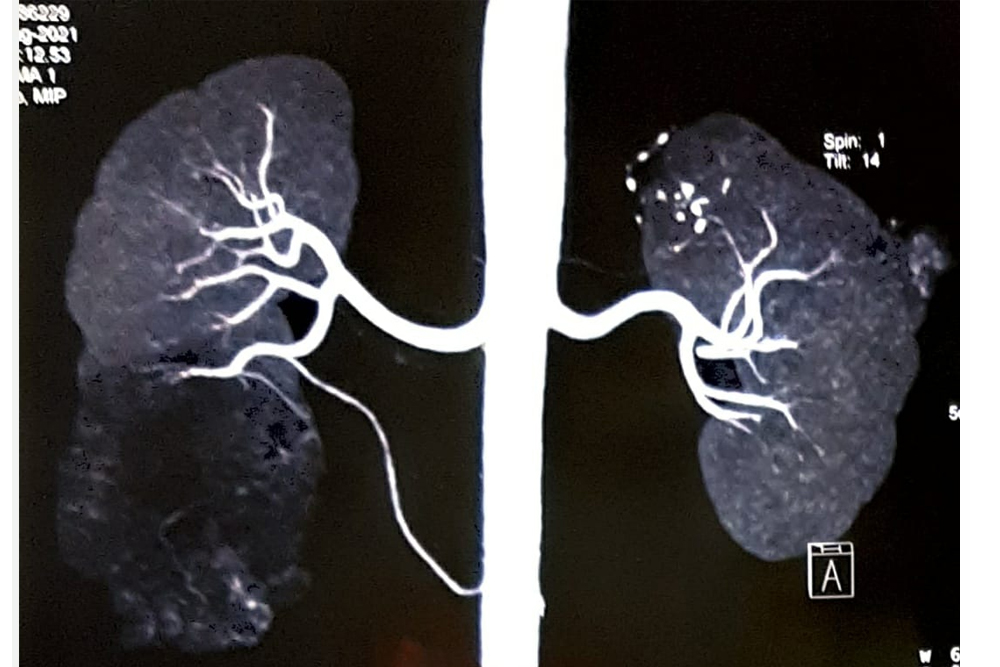
Uro-Oncologist in Mumbai
In uro-oncology, or urological oncology, cancer of the urinary tract, including the female and male reproductive systems, is treated. The role of a urological oncologist is to diagnose, stage, and treat cancers of the bladder, kidney, prostate, penis, and testes.
An urological oncologist is a surgeon who specializes in urology cancer treatment. Surgery is generally the first treatment suggested when a patient has urological cancer. During the early stages of cancer, this is especially true. Chemotherapy, radiotherapy, and immunotherapy are also used as cancer progresses.
Diagnosis
Some urology cancers may show signs and symptoms such as pain in the back, blood in urine, difficulty in passing urine or a lump in the testis. However, many early prostate cancers do not have any symptoms and are only diagnosed after an abnormal routine blood test called PSA (prostate cancer marker). Large kidney cancers may be silent and diagnosed during a scan of the abdomen.
Treatment
Treatment of uro oncology conditions has improved dramatically in the last decade. Many cancers are diagnosed in the early stage and surgical removal of the organ or part of the organ has given the patient a chance of cure. Surgical techniques have improved with the advancement in laparoscopic surgery (keyhole surgery), endoscopy surgery (scope surgery without a surgical cut) and robotic onco surgery. Hence, surgical outcomes are much better; causes less pain and quicker recovery for the patient.
As a result of extensive medical research, we have a better understanding of cancer behavior and are able to fine-tune our treatment to each cancer, giving the optimal result. Our treatments are a result of collaboration with medical and radiation oncologists.
Cancers with previously poor outcomes have been successfully treated with a combination of planned surgery followed by chemotherapy or radiation.
 Call For Appointment
Call For Appointment